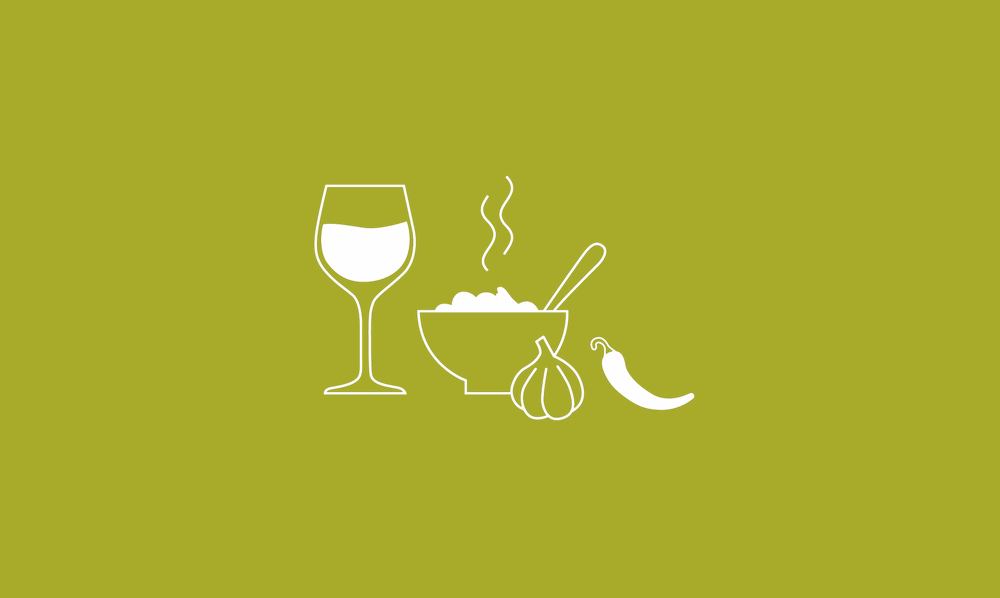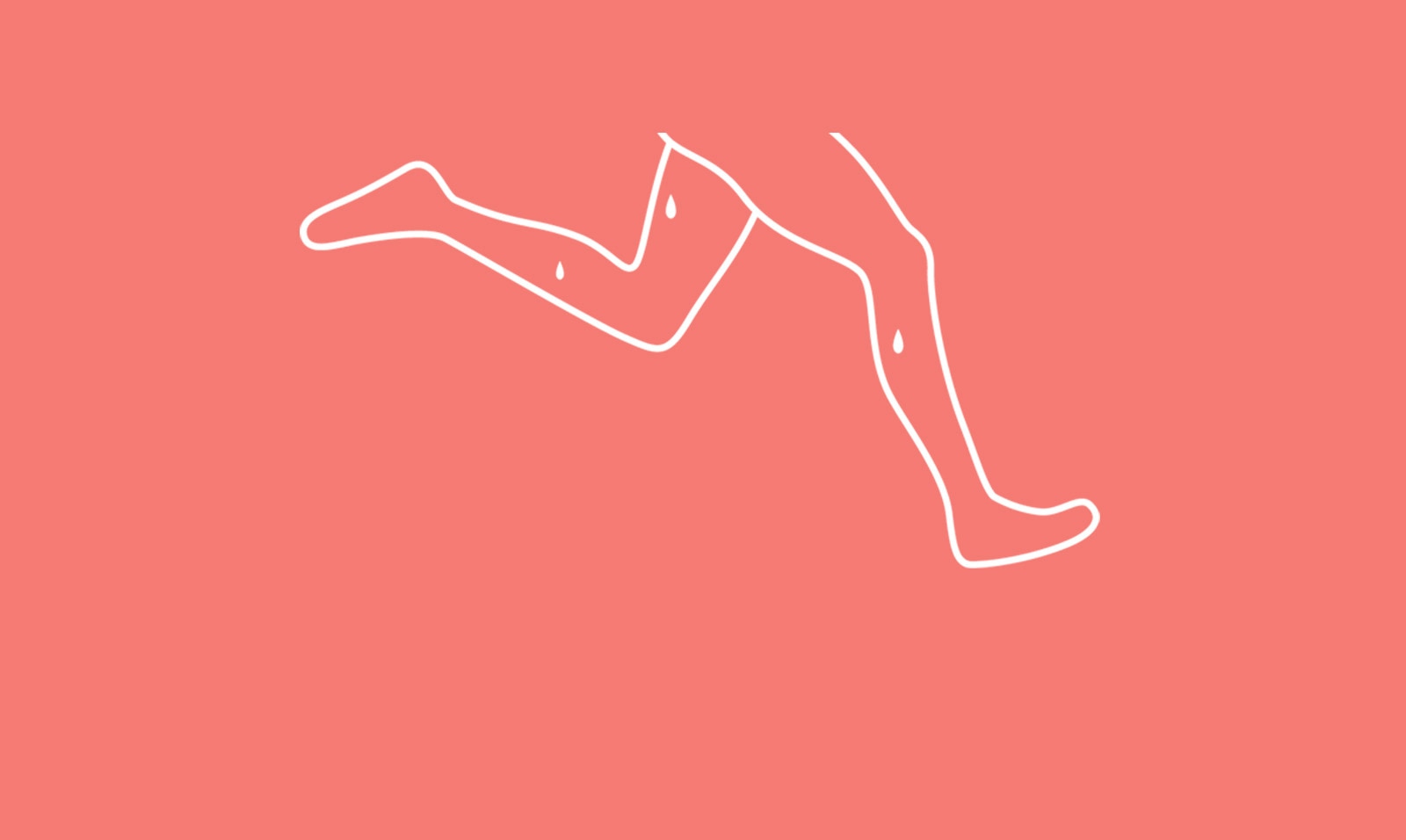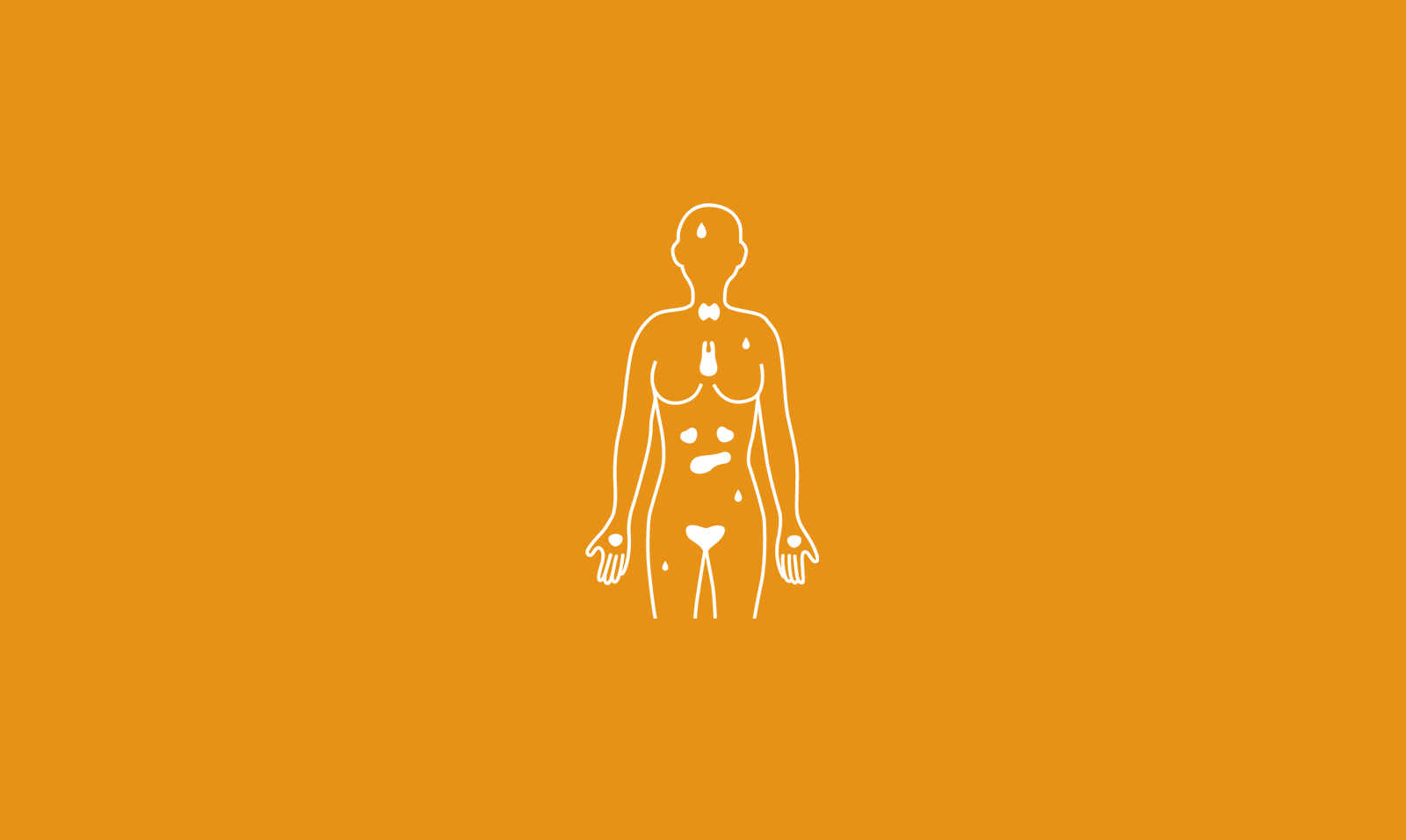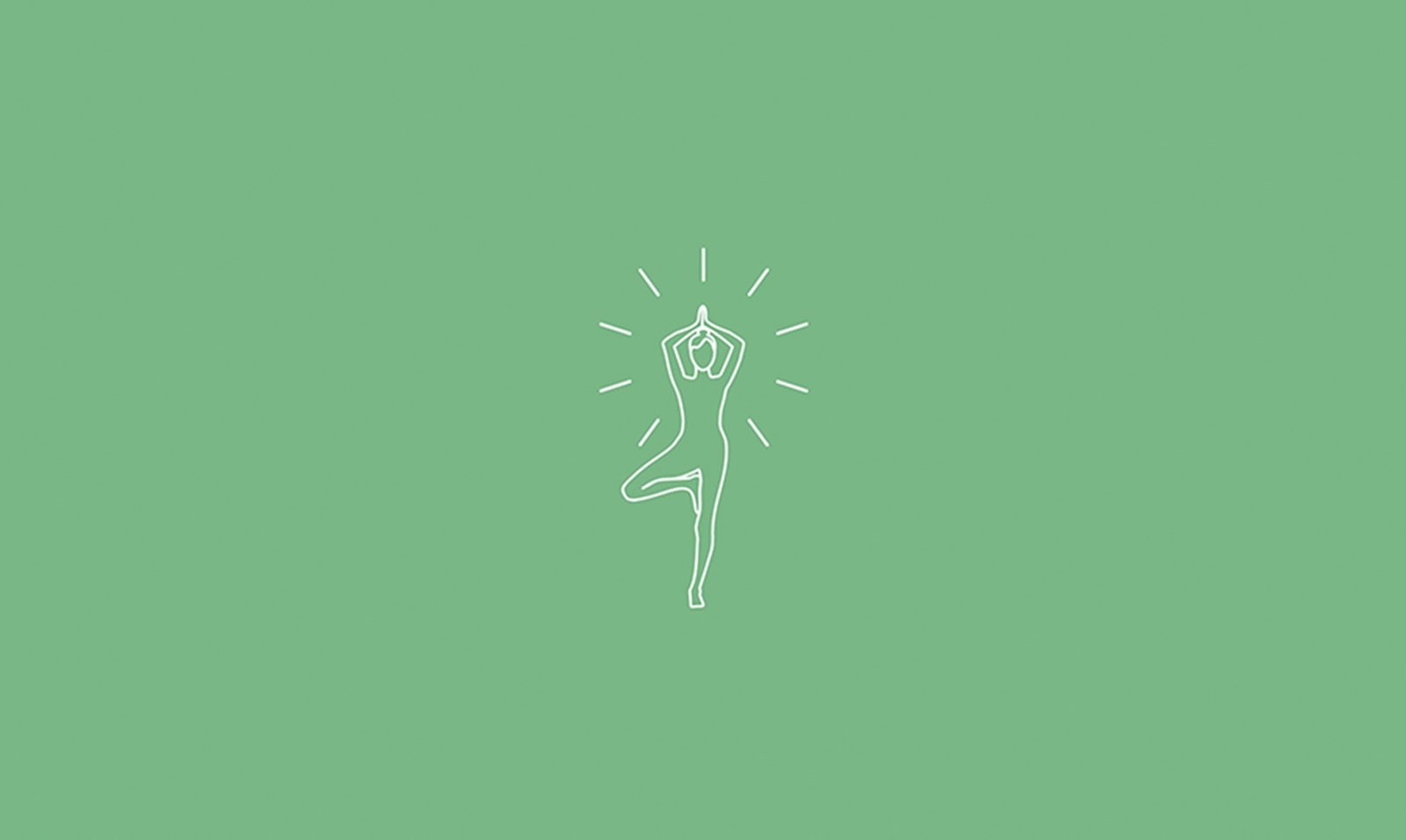Food & drink sweat
Hot drinks and spicy foods can cause sweating after eating –also known as gustatory sweating. They raise your internal temperature, activating your body’s cooling mechanism. Spicy food and hot drinks before bed can cause excessive sweating and/or night sweats. Caffeine stimulates your sweat glands and alcohol widens the blood vessels in your skin, which can also cause excessive sweating.
Sweating after eating can be a problem for some people – all foods or just thinking about food can make them sweat. This can be linked to a malfunction in saliva production. Nerves that cause us to salivate get confused with nerves in our sweat glands, so we sweat instead of producing saliva. If you’re concerned about gustatory sweating, speak to your doctor or a professional medical adviser.
Tips on How To Deal With Food & Drink Sweat
Does food & drink sweat smell?
Body odour can be caused by some foods. Onions, garlic, spicy foods and dairy products can all cause your sweat to smell. Overconsumption of alcohol can also make your sweat smell, causing more pronounced body odour.
Alcohol Sweats
Why do I sweat when I drink alcohol?
Alcohol causes our body temperature to rise by increasing our blood flow and sugar level, so we sweat more to compensate. The body also views alcohol as a toxin, so it works harder to get rid of it via our liver, but also through urine and sweat. Excessive sweating at night can be caused by increased alcohol consumption.
Is it normal to sweat a lot while eating?
Sweating while eating food or drinking a beverage is a common occurrence that can be caused by many things. Eating large amounts of food or food with high levels of pepper or spice can cause sweat due to the heat and spice they contain.
How can I stop alcohol sweats or sweating when eating?
- Avoid trigger foods – like very spicy food.
- Cut down on alcohol consumption.
- Stay hydrated at all times – especially during and after alcohol consumption.
- If you’re concerned about how much you sweat when you eat or drink, speak to your doctor.
Discover more about night sweats and excessive sweating.
Alternatively, to ensure comfort and avoid embarrassment, opt to make use of an antiperspirant deodorant that offers 48 hour protection to keep you feeling fresh and comfortable.




